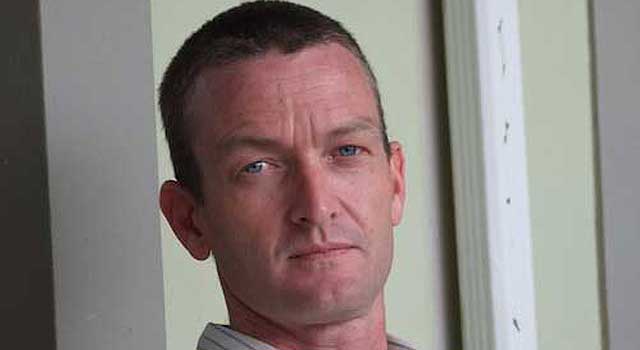
The Internet Service Providers’ Association (Ispa) has called on parliament to insist that mobile operators provide wholesale access to their data networks to Internet service providers as a meaningful way of reducing the cost to communicate in South Africa.
Ispa regulatory head Dominic Cull made the call on Wednesday at hearings in Soweto, where members of parliament’s portfolio committee on communications are hearing public inputs on the matter. Parliament is conducting the programme in parallel with a similar one being run by the Independent Communications Authority of South Africa (Icasa).
“There is already sufficient evidence that the cost to communicate in South Africa is too high. It’s no longer necessary to dwell on that fact,” Cull says. “We now need to go in a constructive direction to reduce these costs in the short term without prejudicing long-term interests.”
He argues that the most important intervention that would bring down broadband costs would be in the mobile data services market. It’s through wireless rather than fixed-line technologies that most South Africans will get online. There are fewer than a million broadband fixed lines in service, whereas the mobile operators claim to provide basic high-speed Internet coverage to as much as 80% of the country’s population, according to Cull.
“A significant percentage of the population is able to access mobile broadband but is not able to afford it,” he says. “South Africa doesn’t have an access gap; it has an affordability gap.”
Because of this, Cull argues that any intervention specifically targeted at lowering the cost of broadband and other services obtained from the mobile networks is likely to have the “largest short-term impact on increasing the uptake of broadband services”.
In fixed-line broadband, significant competition between Internet service providers in the provision of bandwidth over Telkom’s digital subscriber line infrastructure has resulted in the per-gigabyte cost of data plummeting in recent years, he says, and the same model should therefore be applied in the mobile data market.
He says mobile network operators should be forced to offer wholesale solutions to Internet service providers at prices below current retail levels, while taking into account their overheads and their need for a profit margin.
“This will create a fully competitive reseller market below the mobile network operators in the same manner that such a market exists below Telkom,” he says. “We believe that the primary priority that should be looked at in reducing the cost to communicate is taking the benefits of competition we’ve seen below Telkom and ensuring those are realised below the mobile networks.”
This is particularly important given that it’s “not clear” if the process of local-loop unbundling — opening Telkom’s so-called “last mile” of copper-cable infrastructure into homes and businesses to rival operators — will happen in a meaningful way. — (c) 2013 NewsCentral Media




